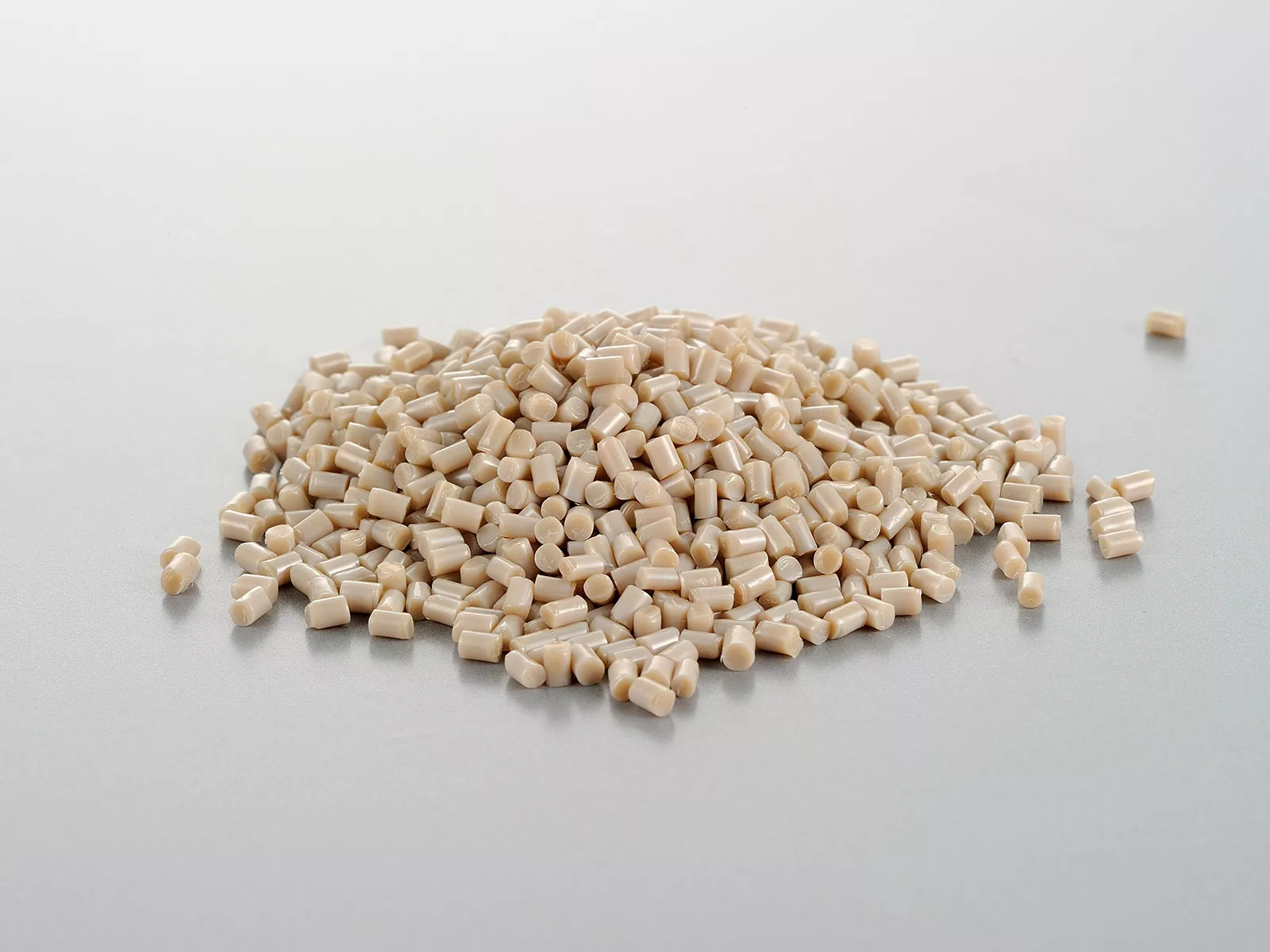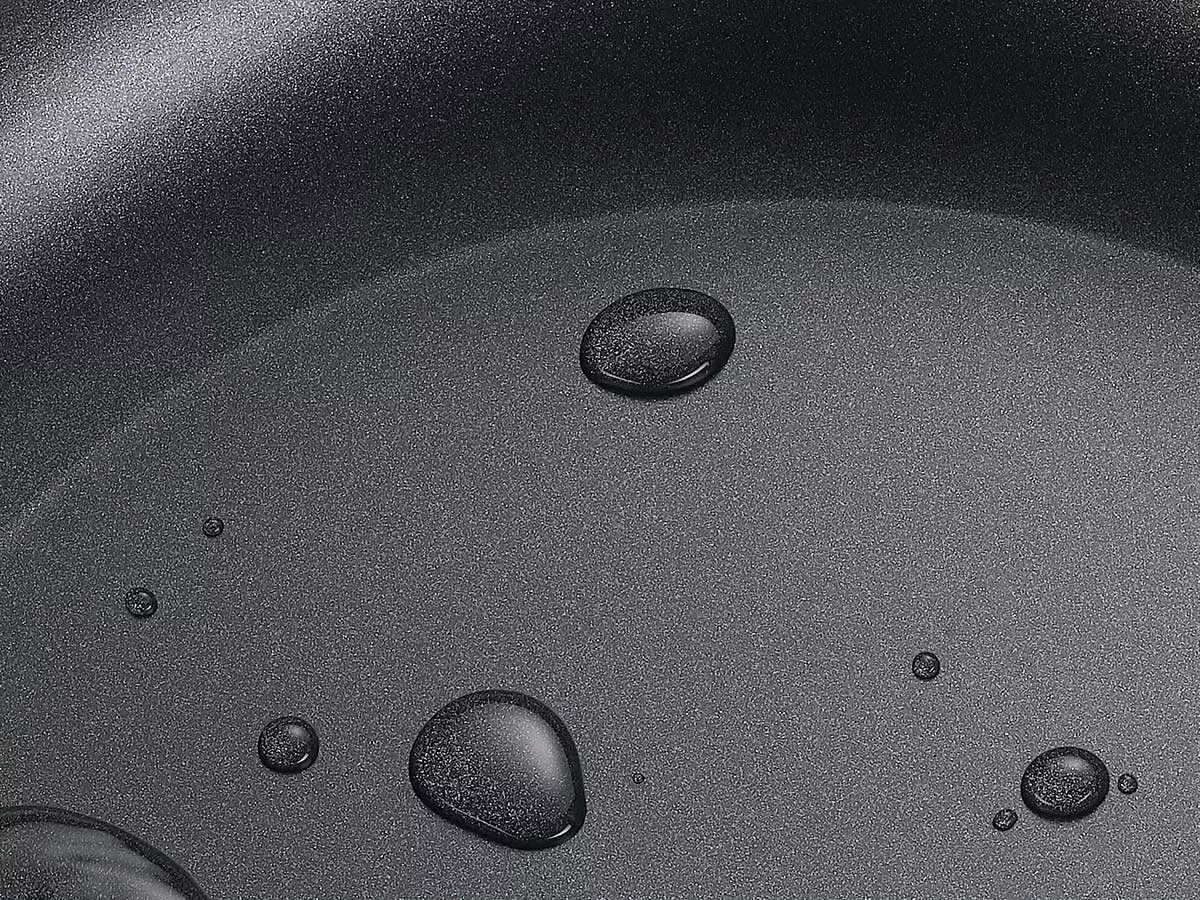Non Stick Coating Insights

8 Easy Ways to Tell If a Pan Is Non-Stick
1. Teflon Teflon is the classic non-stick coating, and it’s what most people think of when they hear "non-stick pan." Recognizable by its smooth, slick surface, Teflon makes cooking and cleaning a breeze. Here are some ways to identify a Teflon-coated pan: Smooth Surface: Run your…

PTFE vs PFOA: 4 Important Differences for Safer Cooking
1. Nonstick Cookware Nonstick cookware is a staple in many kitchens, making cooking and cleaning a breeze. However, when it comes to safety, understanding the materials used in these pans is essential. Nonstick cookware often features coatings like PTFE and PFOA. PTFE, or polytetrafluoroethylene, is commonly…

Ceramic vs Granite Cookware: 5 Pros and Cons to Consider
1. Ceramic Cookware Ceramic cookware has become a popular choice for many home cooks and chefs alike. It’s known for its sleek appearance and the ability to cook food evenly. But like anything, it has its ups and downs. Pros of Ceramic Cookware Non-Toxic Cooking: Ceramic…

Ceramic vs Aluminum Cookware: 7 Things You Need to Know
1. Heat Distribution When it comes to heat distribution, ceramic and aluminum cookware each have their own quirks. Aluminum cookware is known for its excellent heat conductivity. It heats up quickly and evenly, making it a favorite for those who want to avoid hot spots. This…

Ceramic vs Stainless Steel Cookware: 6 Key Differences Explained
1. Heat Distribution When it comes to heat distribution, ceramic and stainless steel cookware each have their own unique strengths and weaknesses. Understanding these differences can help you choose the right cookware for your kitchen needs. Ceramic cookware is known for its ability to distribute heat…

Teflon Before and After: 4 Amazing Transformations to See
1. Cookware Teflon has completely changed how we use cookware in the kitchen. With its nonstick properties, it makes cooking and cleaning a breeze. Here’s how Teflon has transformed cookware: Nonstick Magic: Teflon prevents food from sticking, which is perfect for things like eggs and pancakes.…

5 Facts About Water-Based Oil Non-Stick Coating You Should Know
1. Teflon Teflon is a household name when it comes to non-stick cookware. But what exactly is it? Teflon is the brand name for a synthetic polymer called polytetrafluoroethylene (PTFE). This material is celebrated for its non-stick properties, making it a staple in kitchens around the…

How Long Does PetFusion Non-Stick Coating Last? 7 Key Insights
1. Expert Opinions When it comes to the longevity of the PetFusion Non-Stick Coating, experts have weighed in with some fascinating insights. This coating is renowned for its durability and effectiveness in maintaining a clean surface. Here’s what some of the leading voices in the field…

Hard Anodized Cookware vs Ceramic: 6 Differences to Help You Choose
Understanding the Materials: Hard Anodized vs Ceramic Composition and Manufacturing Process When it comes to cookware, the materials and how they’re made can make a big difference. Hard-anodized cookware is made from aluminum that goes through an electrochemical process called anodization. This process makes the aluminum…

Is Teflon Banned in Europe? 3 Things You Need to Know
1. Teflon Teflon, a brand name synonymous with non-stick cookware, is actually a synthetic chemical called polytetrafluoroethylene (PTFE). This chemical is renowned for its ability to repel water and resist heat, making it ideal for everything from cookware to fabric protectors. But let’s dig a little…

Top 6 Benefits of Cooking with Ceramic Pots
1. Toxic Free Cooking with ceramic pots is a smart choice for those who prioritize health in their kitchen. Ceramic cookware is free from harmful chemicals like PTFE, PFOA, lead, and cadmium. This means you can cook without worrying about toxic substances leaching into your food.…






